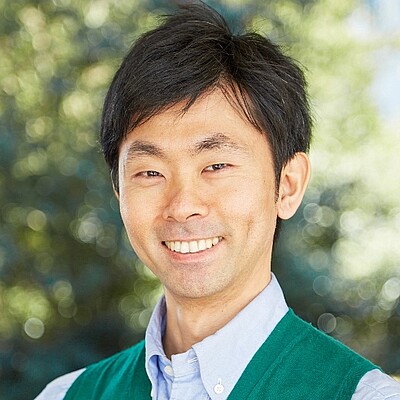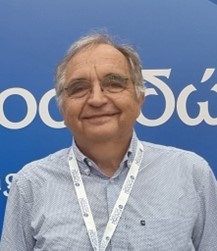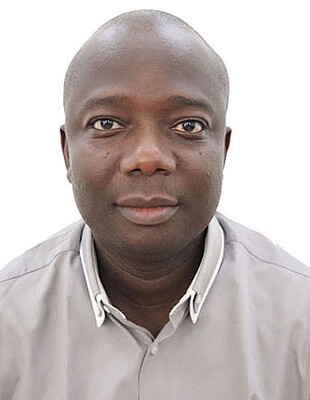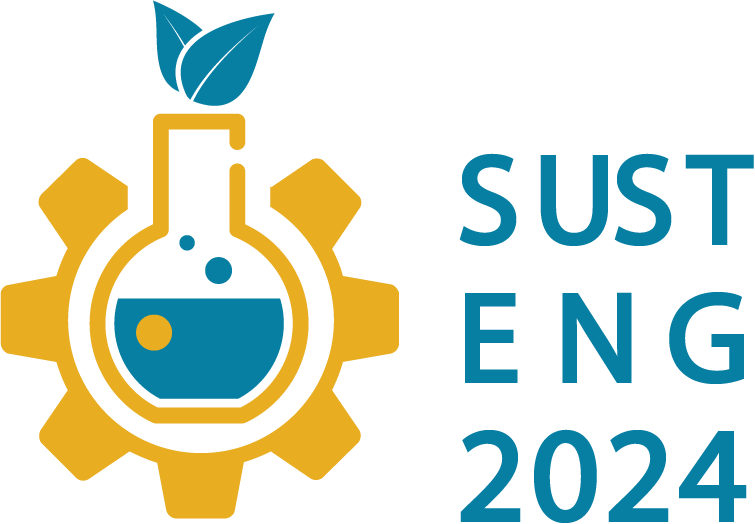Keynote Speakers

Dr. Keisuke Kuroda is Professor at Department of Environmental and Civil Engineering, Toyama Prefectural University, Japan. He received his Ph.D. in Engineering from the University of Tokyo (2010). He was a postdoctoral research fellow at Eawag, Switzerland, and the University of Tokyo, and was a senior scientist at National Institute for Environmental Studies (NIES), Japan. His research focuses on the dynamics of various natural and man-made pollutants in water environments and their mitigation technologies. Recent research include novel photocatalytic systems for water treatment, anthropogenic contaminant dynamics in swimming pools, per-and polyfluorinated substances (PFAS) in aquatic systems and drinking water, and risk assessment of emerging antiviral drugs in aquatic systems.

Dr. Theocharis Tsoutsos is a Professor at the School of Chemical and Environmental Engineering at the Technical University of Crete, Greece. He is Director of the Renewable and Sustainable Energy Systems Laboratory (#ReSEL_TUC, 2005-), Vice Chair TUC Research Committee (2022-), Member of the TUC Technology Transfer Committee (2024-), Member of the Deanery at the School of Environmental Engineering-Technical University of Crete (TUC, 2014-2017), Director of the Graduate Programme “Environmental Engineering” (2014-2017), Member of the Steering Committee of the European Technology and Innovation Platform on Renewable Heating & Cooling (RHC-ETIP, 2018-2022).Theocharis has worked in the Sustainable Energy and Mobility field for 30+ years. He was the Head of the Development Department of the Centre for Renewable Energy Sources and Saving (CRES) (1992- 2005). He has also taught in the Graduate Courses of Open University (UK), Kingston University, Herriot Watt, TEI Piraeus (now the University of West Attica), and Greek Open University. Theocharis is assigned as project proposal evaluator of the European Commission (REA, INEA, European Research Council, Erasmus-Mundus), General Secretary of Research & Technology-ELIDEK, State Scholarship Foundation (GR), Research Promotion Foundation (CY), Russian Research Foundation, Ministry of Education & Science of the Russian Federation, New Eurasia Foundation (RU); (CY), Swiss National Science Foundation (SNSF); Netherlands Organisation for Scientific Research (NL); Welsh Government (UK). Theocharis is the author of 140+ peer reviewed publications in international scientific journals, 20+ book chapters, 200+ publications in Int. conferences and counts 3,500+ citations, h-factor:40 (Scopus); 47 (Google Scholar).

Dr. Achille Ephrem Assogbadjo is born on 03rd May 1974 at Savalou in Republic of Benin. He is, an agronomist and forester with a special interest in non-timber forest products and orphan crops. He hold a PhD in Applied Biological Sciences (Ghent University, Belgium) and is a Full Professor of Conservation genetics, Forest ecology and Ethnobotany at the University of Abomey-Calavi in Benin. He doubles as a visiting Professor at Université Félix Houphouët Boigny in Côte d’Ivoire, University of Costa Rica in Costa Rica, University of Florianopolis in Brasil and Chuo University in Japan. Professor Achille Ephrem Assogbadjo (https://orcid.org/0000-0001-5985-8800) has earned international renown for his outstanding contributions in biodiversity conservation and sustainable resource management across Africa. With an H index of 45 on google scholar (https://scholar.google.com/citations?view_op=list_works&hl=fr&user=sqqQc0MAAAAJ) and 32 on Scopus (www.scopus.com/authid/detail.uri?authorId=8978006600), the research of Professor Assogbadjo encompasses a wide spectrum, among others utilizing ethnobotanical and conservation genetics methodologies in ecosystems ranging from natural settings to agroforestry and intensive farming practices. As a globally recognized expert in the diversity and utilization of the African baobab (Adansonia digitata L.), he has revealed the intricate interplay between genetics and morphology across varying climatic zones. Professor Assogbadjo's innovative approaches to managing underutilized plants revolve around community engagement and traditional knowledge, emphasizing a holistic approach.
